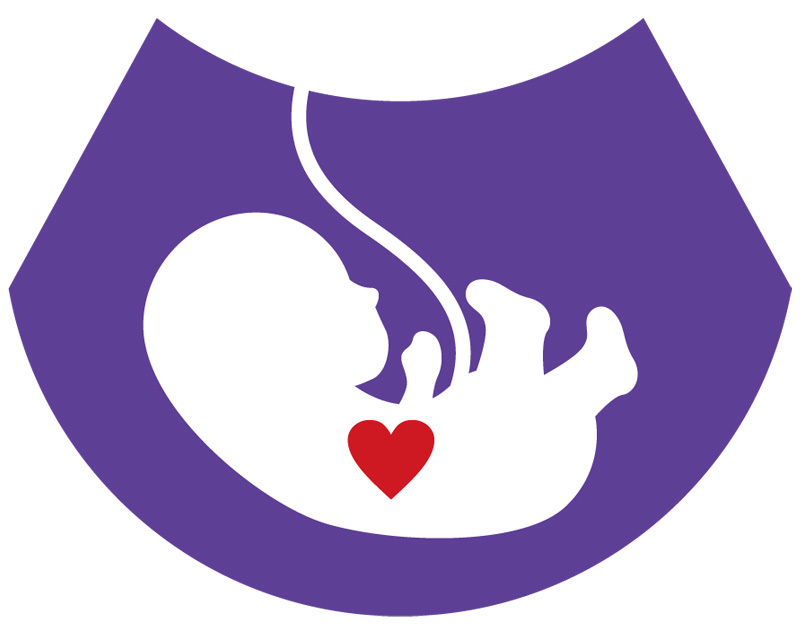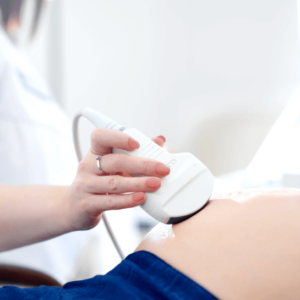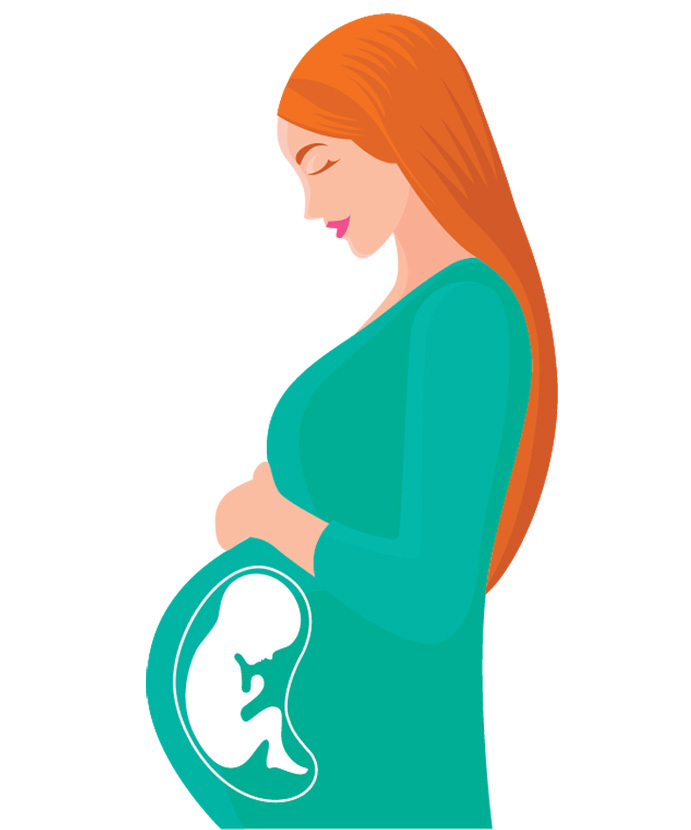Foetal Echocardiography
Your unborn baby’s heart scan

What is it?
Fetal Echocardiogram is a detailed Ultrasound performed of the baby’s heart before the baby is born. It is a painless test that uses sound waves to create moving pictures of the center of the fetus in real time, which enables the doctor to assess the structure and function of the fetal heart. There is no radiation with this test, and it is entirely safe for the fetus.
-

Foetal Echocardiography
Price range: ₹3,500.00 through ₹6,380.00 Select options This product has multiple variants. The options may be chosen on the product page

What does it show?
Note: Minor heart defects and abnormalities related to the change from fetal circulation to newborn circulation cannot always be detected.
Who needs It?
- If any of your family members had a congenital heart disease
- If you have a history of diabetes or any viral infection
- If you are taking any medicines other than iron/calcium tablets.
- If your obstetrician has suspected an abnormal fetal ultrasound or any abnormality
- Abnormal fetal heart rate or rhythm
- When should it be performed: It is best if performed at 16-20 weeks of gestation, in case any decision needs to be taken regarding termination of pregnancy, which is legal in India until 20 weeks of pregnancy.

Does it need any preparation?

Who Does It?
To perform this study, the trained personnel will apply some gel at the designated area around your/the pregnant woman’s belly, and the ultrasound probe is gently placed on the mother`s abdomen to take pictures.
This test is not painful and does not harm the fetus. Fetal Echocardiogram will take approximately 20-60 minutes to perform, depending upon the images and the case. The fetal heart is quite small, is covered by the rib cage, and may not always be fully visible in certain positions of the baby. Sometimes the patient may need a second or multiple examinations due to technical limitations.
After the study what to expect?
Find out highly skilled and well qualified specialists work schedule and fix an appointment on convenient time
Related Insights
What Everybody Ought To Know About Heart-Healthy Diet
Smoking, diabetes or insulin resistance, high blood pressure, high cholesterol and sedentary lifestyle are some of the key causes of CVD.
Although weight management and regular exercise are critical for keeping your heart healthy, the food you eat plays an equally important role. According to clinical research, healthy lifestyle habits along with heart-healthy diet may reduce the risk of heart disease or stroke by 80%.
There is no single food that can make you magically healthy, so your overall dietary pattern is critical. Here are some important tips for Healthy-Heart Diet
How Exercise Benefits My Heart Health?
Who doesn’t know that exercise is very good for our health? But how many of us are able to spare some time from our busy schedules and exercise regularly. To motivate you, let us tell one more significant advantage of exercise- it improves our heart health and helps us in preventing heart diseases. In fact, regular physical activity is one of the best things you can do for your heart health.

